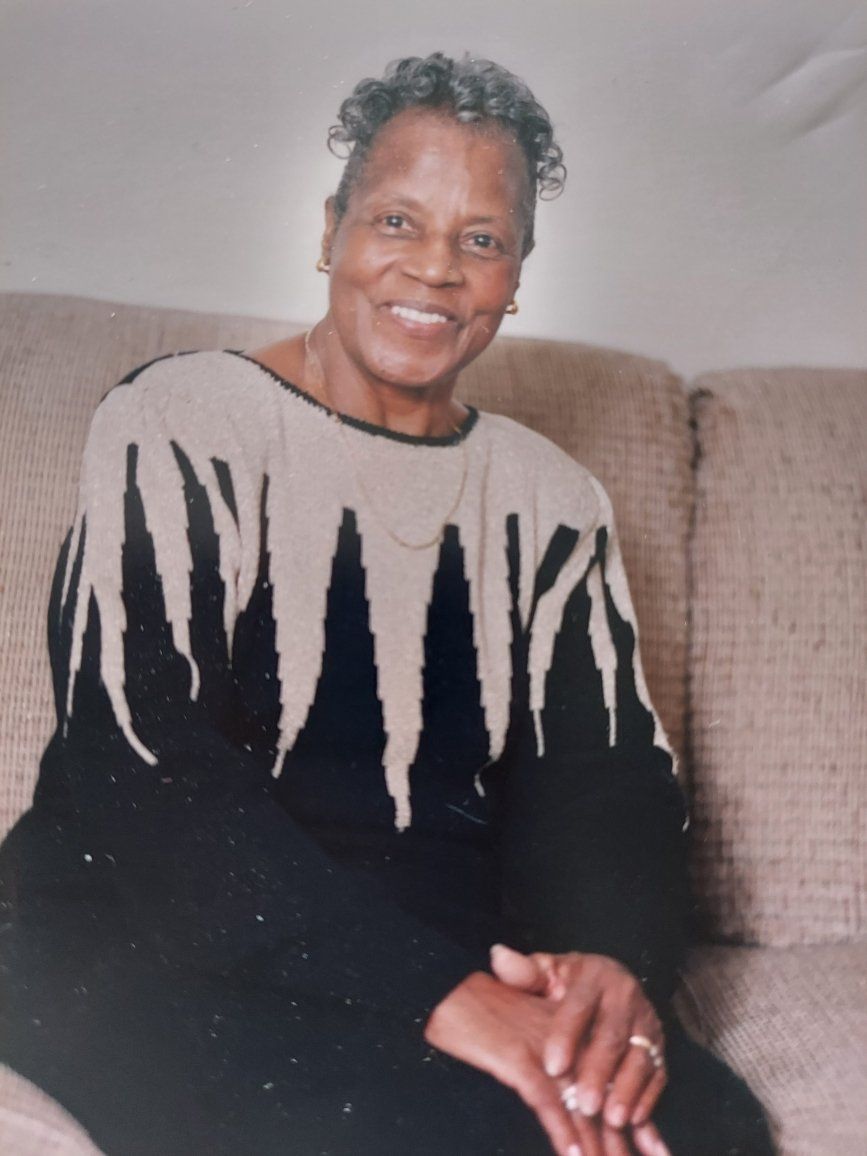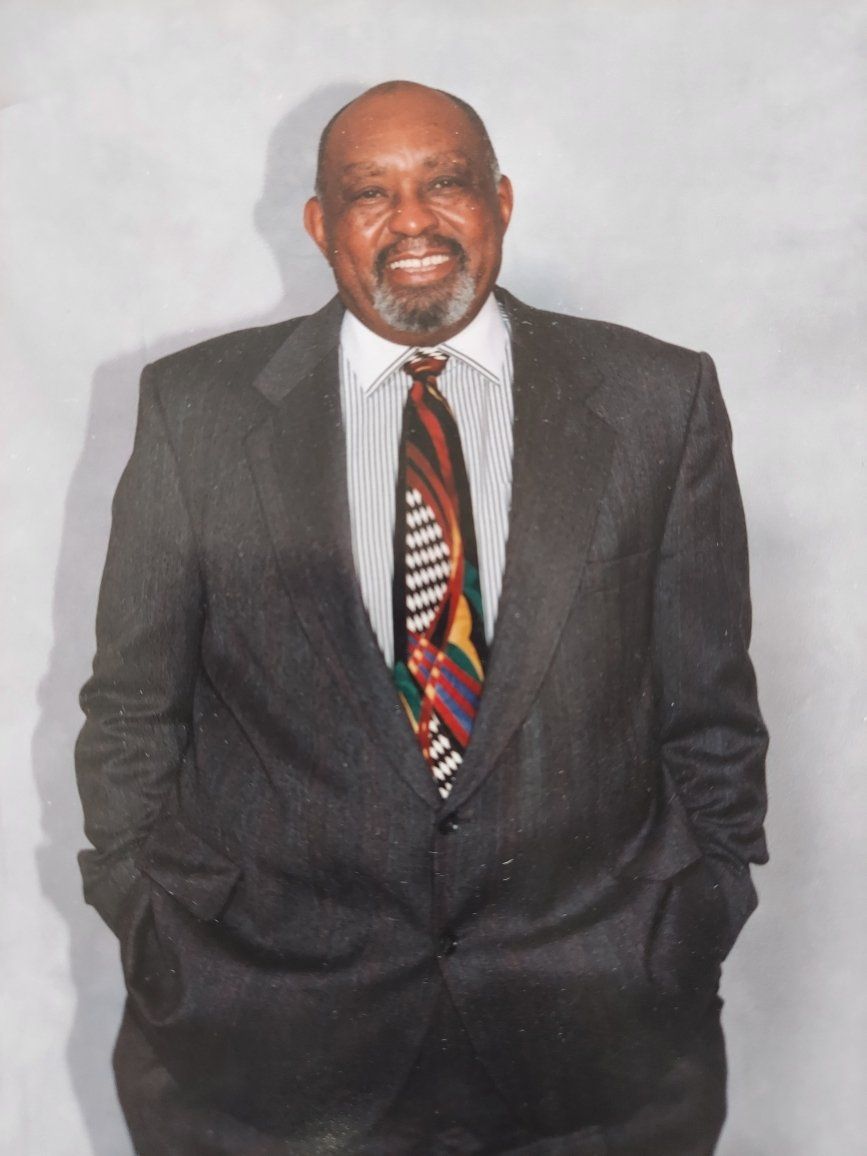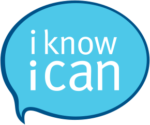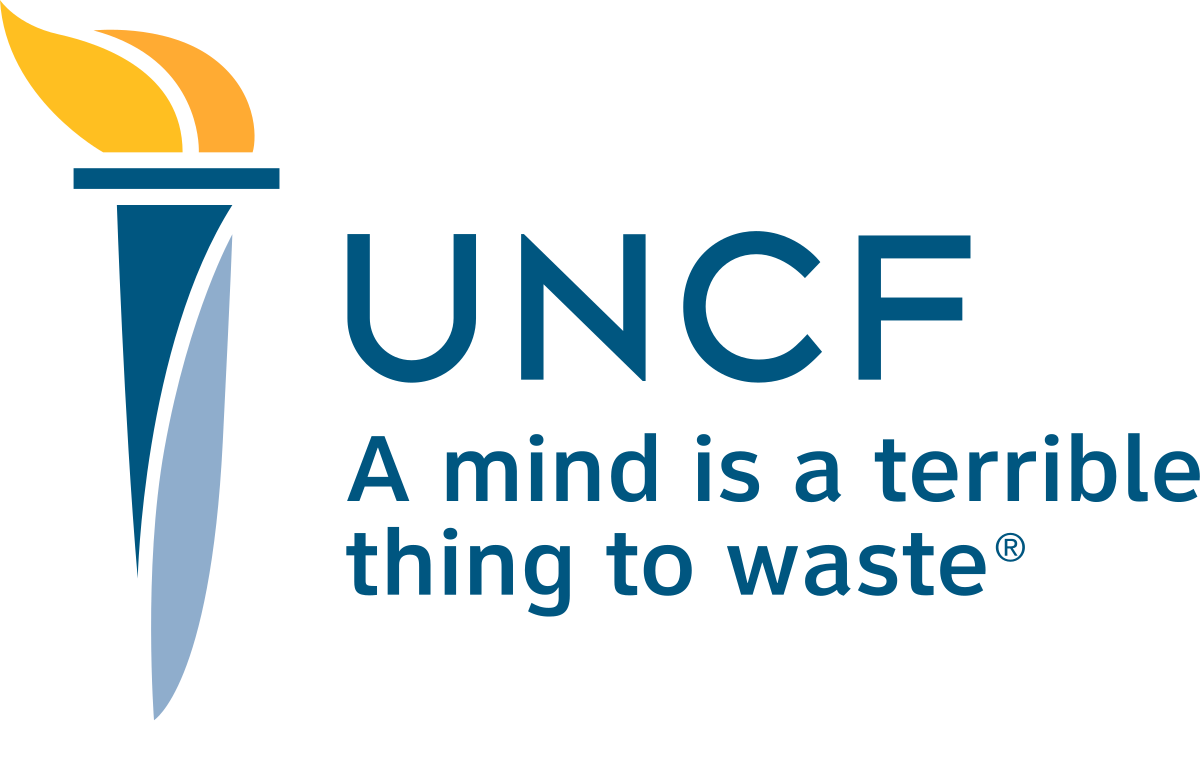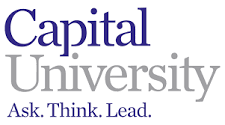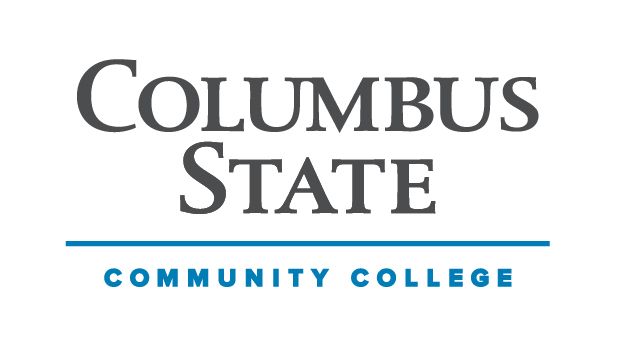GADDIS FOUNDATION SCHOLARSHIPS
Learn about some of the College Scholarships available to you
Academic Scholarships
provided by the Willie & Vivian Gaddis Foundation
As a commitment to scholarships, the following initial awards established were:
- The Willie Lee Gaddis Scholarship
- The Vivian Ann Thompson Gaddis Scholarship
- The Debra Ann Gaddis-Sawyer Memorial Scholarship.
Our first three scholarships were awarded in 2004. We have also added these scholarship awards:
- The Jump Start Academic Scholarship
- The Marvin and Essie (Flemister) Thompson Legacy Scholarship
- The Willie and Eunice (McGee) Legacy Scholarship
- The Ruby (Moncrief) Gaddis Legacy Scholarship.
Awards are available based on the availability of funds, with the next round of scholarships proposed to be available in 2024. The Gaddis and respective family branches represented here bear importance because we are the seed of sharecroppers, enslaved people, and those of African heritage. The scholarships honor their yearning and desire for better opportunities. Student recipients represent their dreams. The Debra Ann Gaddis-Sawyer scholarship is to remember the Gaddis sibling gone too soon.
Tax-deductible contributions can be made via Givelify by
clicking here. Checks can also be made payable to The Willie and Vivian Gaddis Foundation, and mailed to P.O. Box 360832, Columbus, OH 43236.
Additional Resources
periodically updated
- Gates Millennium Scholars
- HBCU Connect
- HBCU Foundation
- Thurgood Marshall Scholarship Fund
- Tiger Woods Foundation
- Financial Aid for Single Parents
- City Year Program
- Hispanic College Fund
- Wal-Mart Foundation Scholarships
- American Indian College Fund
- Peace Corps Program
- I Know I Can
- The Ohio Department of Education
- United Negro College Fund
- The Jackie Robinson Foundation
- The Jackie Robinson Foundation
- The H. Truman Scholarship Foundation
- The Ron Brown Scholarship Fund
- Grants & Fellowships for Women
- FAFSA Website
- First In The Family (To go to college)
- The Coco-Cola Scholarship Fund
- State Farm Insurance (Hispanic)
- State Farm Insurance Achievement Scholarships
- The Congressional Hispanic Caucus Institute
- American Council on Education
- Free Guide to U.S. Government Grants & Loans for Students
FAQs
1. Scholarships
There are hundreds of scholarships for women, which are awarded by local organizations, private companies, societies and more.
2. Grants
Grants don’t need to be paid back and are based on your financial circumstances. They are usually funded by the federal government, your state or college.
3. Fellowships
While scholarships usually fund tuition, fellowships typically cover graduate study, research projects and abroad experiences without needing to be paid back.
4. Student Loans
You can borrow money from the government or a bank, but it needs to be paid back with interest. The federal government offers many loan options—fill out the free application for Federal Student Aid (FAFSA) to see if you qualify for financial aid. If you need help. If you live in Columbus, an invaluable, free resource if I Know I Can!
5. Federal Work-Study Program
Provides part-time jobs for undergraduate and graduate students with financial need, allowing them to earn money to pay education expenses.
Applying for scholarships is a lot like applying to colleges. You start with a large number of possibilities and cut that down to a short list of choices. Then you have to complete and submit applications that include essays, recommendations and lists of achievements that highlight your best qualities.
You may hear various suggestions about the best way to apply for scholarships. The truth is, what works for one person may not work for another.
There are no secrets to applying. The best advice is to use common sense and follow directions.
Don’t Miss Deadlines
Some scholarships have deadlines early in the fall of senior year. Mark the due dates on your calendar and work your way backward to figure out how much time you’ll have to get each piece of the application finished.
Start Your Research Early
Researching scholarships, requesting information and application materials, and completing applications all take time.
Read Eligibility Requirements Carefully
If you have a question about whether you qualify for a certain scholarship, contact the scholarship sponsor. There’s no point in applying for a scholarship you’re not eligible to receive.
Get Organized
Make a separate file for each scholarship and sort the files by application due dates.
You should also gather the items you’ll need to apply. Many scholarships ask you to send some or all of the following:
• High school transcript
• Standardized test scores
• Financial aid forms, such as the FAFSA or CSS/Financial Aid PROFILE®
• Parents' financial information, including tax returns
• One or more essays
• One or more letters of recommendation
• Proof of eligibility for the scholarship (for example, proof of membership in a certain group)
You might also need to prepare for an interview.
And if you’re competing for talent-based scholarships, you’ll probably need to audition or submit a portfolio.
Follow Instructions
Stick to the word limit for the essay. If supporting materials are not requested in the application, don’t send them. Use common sense, start early and follow directions.
Check Your Application
Before you send the application in:
• Make sure you filled in all the blanks. You can contact scholarship sponsors if you aren't sure how to fill out part of the application.
• Make sure your answers are readable. If you can, fill out the application online. If you have to write out the application, print neatly.
• If you're reusing material (such as a cover letter or an essay) from another scholarship application, make sure you haven't left in any incorrect names.
• Proofread your application. Run spell check and grammar check on the application. Also, have someone else read your essays to catch mistakes and give you feedback.
• Remember to sign and date your application.
Keep Copies of Everything
Having copies of your scholarship application makes it easy to resend quickly if application materials get lost in the mail. If you’re applying for a scholarship online, save copies of your work on your computer.
Track the Package
If you’re submitting your application by mail, consider using certified mail or requesting a return receipt to confirm that your materials arrived at their destination.
The Free Application for Federal Student Aid (FAFSA®) is a form that students must be complete to be considered for federal student aid.
In addition, states and colleges use FAFSA information to award grants, scholarships, and loans. But, since aid is limited, you have to meet the deadlines!
If you are in Columbus, an excellent resource for learning about the is right in our community. I Know I Can! offers free workshops. Visit their website at https://iknowican.org/programs/financial-aid-workshops/ to learn more.
Federal Deadlines
2021–22 Academic Year - FAFSA® forms are due by 11:59 p.m. Central time (CT) on June 30, 2022. If you need to make any corrections or updates, the submission date is 11:59 p.m. CT on Sept. 10, 2022.
2020–21 Academic Year - FAFSA forms are due by 11:59 p.m. CT on June 30, 2021. Any corrections or updates must are due by 11:59 p.m. CT on Sept. 11, 2021.
HBCUs are a source of accomplishment and great pride for the African American community as well as the entire nation.
The Higher Education Act of 1965, as amended, defines an HBCU as: “…any historically black college or university that was established prior to 1964, whose principal mission was, and is, the education of black Americans, and that is accredited by a nationally recognized accrediting agency or association determined by the Secretary [of Education] to be a reliable authority as to the quality of training offered or is, according to such an agency or association, making reasonable progress toward accreditation.” HBCUs offer all students, regardless of race, an opportunity to develop their skills and talents.
These institutions train young people who go on to serve domestically and internationally in the professions as entrepreneurs and in the public and private sectors.
LINKS
NEWSLETTER
NEWSLETTER
Thank you for subscribing!
Please try again later.
